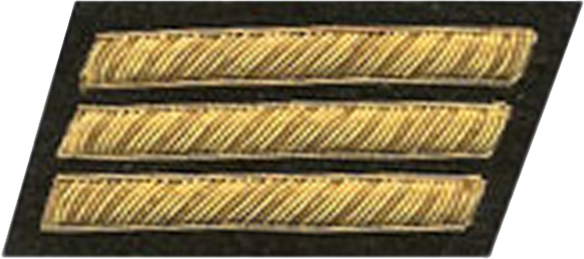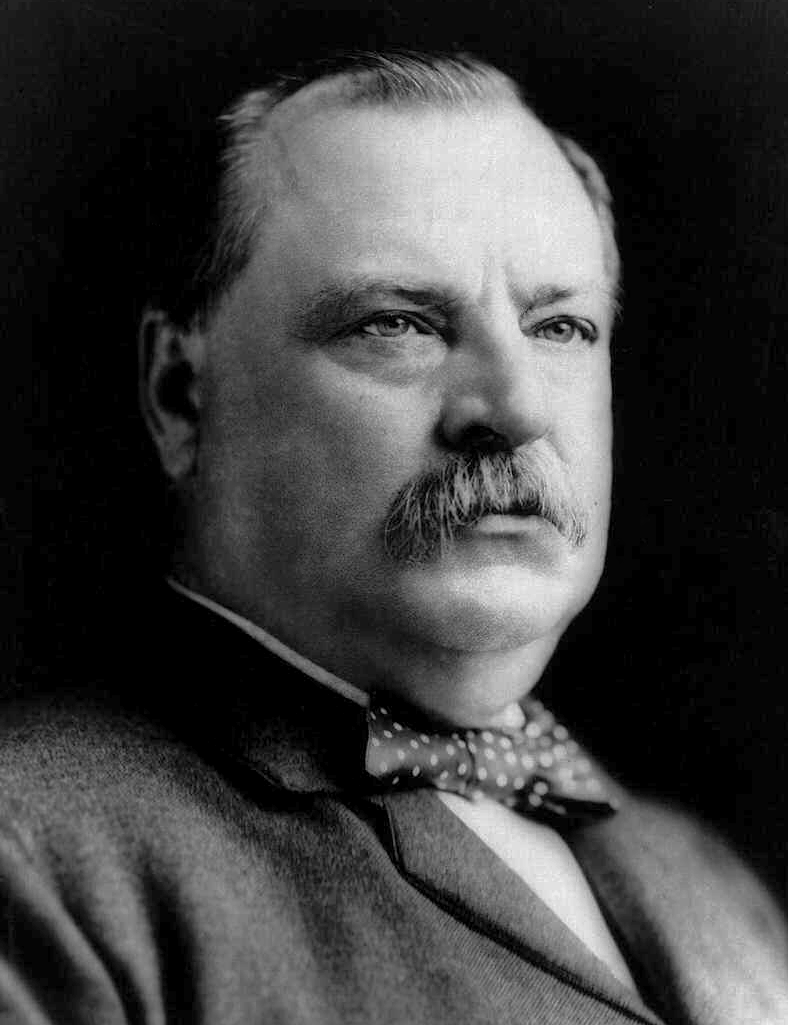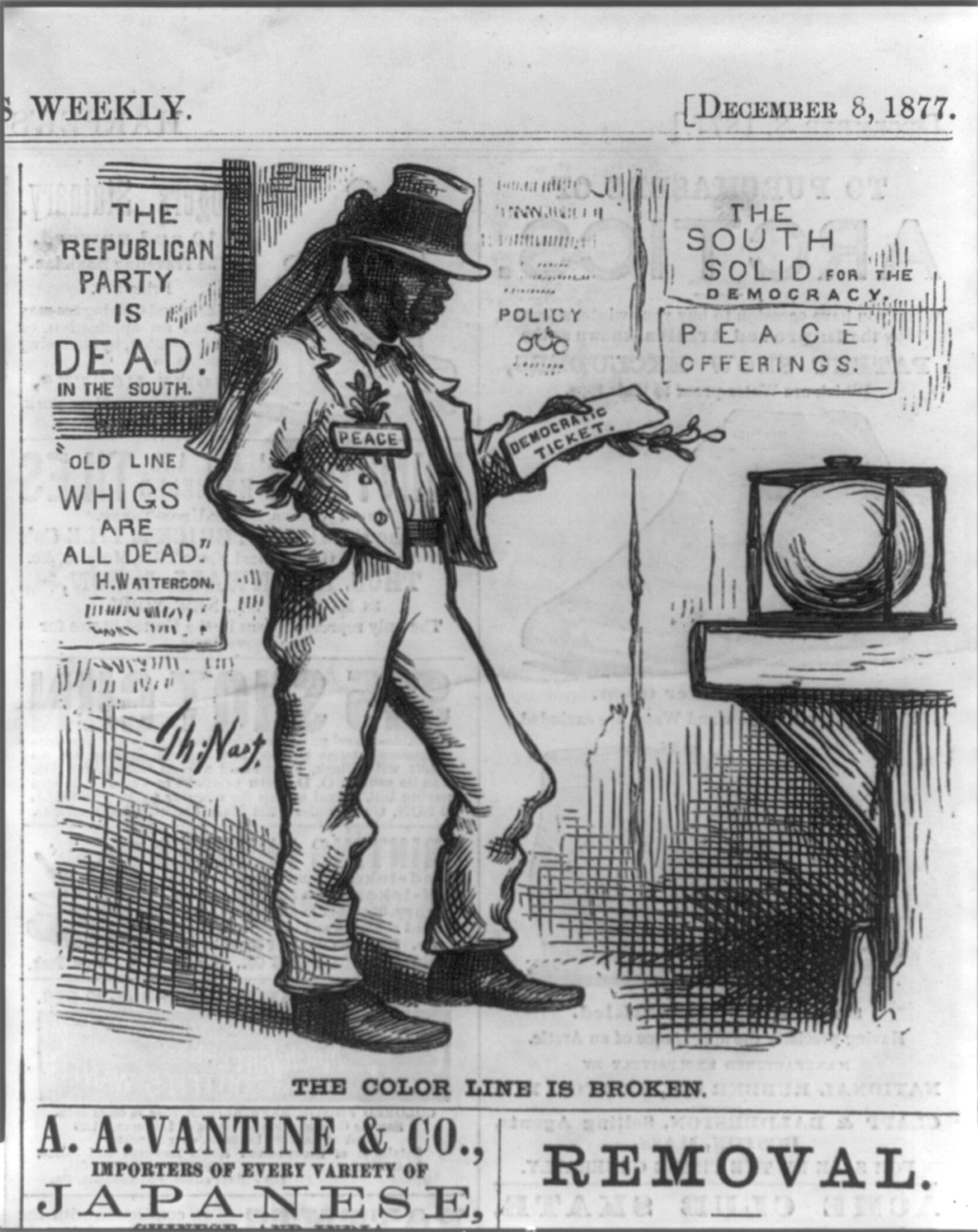|
Henry M. Mathews
Henry Mason Mathews (March 29, 1834April 28, 1884) was an American military officer, lawyer, and politician in the U.S. State of West Virginia. Mathews served as 7th Attorney General of West Virginia (1873–1877) and 5th Governor of West Virginia (1877–1881), being the first former Confederate elected to the governorship in the state. Born into a Virginia political family, Mathews attended the University of Virginia and afterward practiced law before the outbreak of the American Civil War. When Virginia seceded from the United States, in 1861, he volunteered for the Confederate States Army and served in the western theater as a major of artillery. Following the war, Mathews was elected to the West Virginia Senate, but was denied the seat due to state restrictions on former Confederates. Mathews participated in the 1872 state constitutional convention that overturned these restrictions, and in that same year was elected attorney general of West Virginia. After one term, he w ... [...More Info...] [...Related Items...] OR: [Wikipedia] [Google] [Baidu] |
John J
John is a common English name and surname: * John (given name) * John (surname) John may also refer to: New Testament Works * Gospel of John, a title often shortened to John * First Epistle of John, often shortened to 1 John * Second Epistle of John, often shortened to 2 John * Third Epistle of John, often shortened to 3 John People * John the Baptist (died c. AD 30), regarded as a prophet and the forerunner of Jesus Christ * John the Apostle (lived c. AD 30), one of the twelve apostles of Jesus * John the Evangelist, assigned author of the Fourth Gospel, once identified with the Apostle * John of Patmos, also known as John the Divine or John the Revelator, the author of the Book of Revelation, once identified with the Apostle * John the Presbyter, a figure either identified with or distinguished from the Apostle, the Evangelist and John of Patmos Other people with the given name Religious figures * John, father of Andrew the Apostle and Saint Peter * Pope Joh ... [...More Info...] [...Related Items...] OR: [Wikipedia] [Google] [Baidu] |
Major (United States)
In the United States Army, U.S. Marine Corps, U.S. Air Force and U.S. Space Force, major is a field-grade military officer rank above the rank of captain and below the rank of lieutenant colonel. It is equivalent to the naval rank of lieutenant commander in the other uniformed services. Although lieutenant commanders are considered junior officers by their respective services (Navy and Coast Guard), the rank of major is that of a senior officer in the United States Army, the United States Marine Corps, and the United States Air Force. The pay grade for the rank of major is O-4. The insignia for the rank consists of a golden oak leaf, with slight stylized differences between the Army/Air Force version and the Marine Corps version. Promotion to major is governed by the Department of Defense policies derived from the Defense Officer Personnel Management Act of 1980. Army A major in the U.S. Army typically serves as a battalion executive officer (XO) or as the battalion operat ... [...More Info...] [...Related Items...] OR: [Wikipedia] [Google] [Baidu] |
Democratic Party (United States)
The Democratic Party is one of the two major contemporary political parties in the United States. Founded in 1828, it was predominantly built by Martin Van Buren, who assembled a wide cadre of politicians in every state behind war hero Andrew Jackson, making it the world's oldest active political party.M. Philip Lucas, "Martin Van Buren as Party Leader and at Andrew Jackson's Right Hand." in ''A Companion to the Antebellum Presidents 1837–1861'' (2014): 107–129."The Democratic Party, founded in 1828, is the world's oldest political party" states Its main political rival has been the Republican Party since the 1850s. The party is a big tent, and though it is often described as liberal, it is less ideologically uniform than the Republican Party (with major individuals within it frequently holding widely different political views) due to the broader list of unique voting blocs that compose it. The historical predecessor of the Democratic Party is considered to be th ... [...More Info...] [...Related Items...] OR: [Wikipedia] [Google] [Baidu] |
Bourbon Democrat
Bourbon Democrat was a term used in the United States in the later 19th century (1872–1904) to refer to members of the Democratic Party who were ideologically aligned with fiscal conservatism or classical liberalism, especially those who supported presidential candidates Charles O'Conor in 1872, Samuel J. Tilden in 1876, President Grover Cleveland in 1884, 1888, and 1892 and Alton B. Parker in 1904. After 1904, the Bourbons faded away. Southerner Woodrow Wilson made a deal in 1912 with the leading opponent of the Bourbons, William Jennings Bryan: Bryan endorsed Wilson for the Democratic nomination and Wilson named Bryan Secretary of State. Bourbon Democrats were promoters of a form of ''laissez-faire'' capitalism which included opposition to the high-tariff protectionism that the Republicans were then advocating as well as fiscal discipline. They represented business interests, generally supporting the goals of banking and railroads, but opposed to subsidies for them and were ... [...More Info...] [...Related Items...] OR: [Wikipedia] [Google] [Baidu] |
Redeemers
The Redeemers were a political coalition in the Southern United States during the Reconstruction era of the United States, Reconstruction Era that followed the American Civil War, Civil War. Redeemers were the Southern wing of the Democratic Party (United States), Democratic Party. They sought to regain their political power and enforce white supremacy. Their policy of Redemption was intended to oust the Radical Republicans, a coalition of Freedman, freedmen, "carpetbaggers", and "scalawags". They generally were led by the White yeomanry and they dominated Southern politics in most areas from the 1870s to 1910. During Reconstruction, the South was under occupation by federal forces, and Southern State governments of the United States, state governments were dominated by Republicans, elected largely by freedmen and allies. Republicans nationally pressed for the granting of political rights to the newly-freed slaves as the key to their becoming full citizens and the votes they woul ... [...More Info...] [...Related Items...] OR: [Wikipedia] [Google] [Baidu] |
West Virginia State Constitution
The Constitution of the State of West Virginia West Virginia State Constitution is the supreme law of the U.S. state of West Virginia. It expresses the rights of the state's citizens and provides the framework for the organization of law and government. West Virginia is governed under its second and current constitution, which dates from 1872. The document includes fourteen articles and several amendments. History The first constitution for the state was written in 1861. Following the secession of Virginia during the American Civil War, Unionist politicians established a " Restored Government" to assert their loyalty to the U.S. In November of that year, delegates from the state's westernmost counties met in convention at Wheeling to form a new state, dubbed West Virginia, and wrote a constitution for that state. In the midst of the war, slavery proved to be one of the main issues at the convention, but delegates sidestepped the question of emancipation and merely prohibited ens ... [...More Info...] [...Related Items...] OR: [Wikipedia] [Google] [Baidu] |
West Virginia Senate
The West Virginia Senate is the upper house of the West Virginia Legislature. There are seventeen senatorial districts. Each district has two senators who serve staggered four-year terms. Although the Democratic Party held a supermajority in the Senate as recently as 2015, Republicans now dominate in the chamber, and will hold 31 seats to the Democrats' three beginning in the next session. Organization Senators are elected for terms of four years that are staggered, meaning that only a portion of the 34 state senate seats are up every election.West Virginia Constitution (accessed May 29, 2013) [...More Info...] [...Related Items...] OR: [Wikipedia] [Google] [Baidu] |
Secession In The United States
In the context of the United States, secession primarily refers to the voluntary withdrawal of one or more states from the Union that constitutes the United States; but may loosely refer to leaving a state or territory to form a separate territory or new state, or to the severing of an area from a city or county within a state. Advocates for secession are called disunionists by their contemporaries in various historical documents. Threats and aspirations to secede from the United States, or arguments justifying secession, have been a feature of the country's politics almost since its birth. Some have argued for secession as a constitutional right and others as from a natural right of revolution. In ''Texas v. White'' (1869), the Supreme Court ruled unilateral secession unconstitutional, while commenting that revolution or consent of the states could lead to a successful secession. The most serious attempt at secession was advanced in the years 1860 and 1861 as 11 Southern st ... [...More Info...] [...Related Items...] OR: [Wikipedia] [Google] [Baidu] |
American Civil War
The American Civil War (April 12, 1861 – May 26, 1865; also known by other names) was a civil war in the United States. It was fought between the Union ("the North") and the Confederacy ("the South"), the latter formed by states that had seceded. The central cause of the war was the dispute over whether slavery would be permitted to expand into the western territories, leading to more slave states, or be prevented from doing so, which was widely believed would place slavery on a course of ultimate extinction. Decades of political controversy over slavery were brought to a head by the victory in the 1860 U.S. presidential election of Abraham Lincoln, who opposed slavery's expansion into the west. An initial seven southern slave states responded to Lincoln's victory by seceding from the United States and, in 1861, forming the Confederacy. The Confederacy seized U.S. forts and other federal assets within their borders. Led by Confederate President Jefferson Davis, ... [...More Info...] [...Related Items...] OR: [Wikipedia] [Google] [Baidu] |
Mathews Family (Virginia)
The Mathews family is an American political family descended from John Mathews (d. 1757) and Ann Archer, originating in colonial Virginia and active in Virginia and the American South in the 18th–20th centuries. The family origins are unclear, though most researchers believe that the family founders arrived in America around 1730 with the Scotch-Irish immigration, settling in Augusta County (present-day Rockbridge County), Virginia. Several members played a role in the American Revolution, and numerous members were elected to the Virginia General Assembly over successive generations, while additionally members have been involved in the politics of West Virginia, Georgia, and other U.S. states in roles including state governor and state legislator, among others. Members have served in the U.S. military as generals, colonels, and other officers. Notable members include George Mathews, Sampson Mathews, Henry M. Mathews, and Mason Mathews Patrick. British origin The Mathews fam ... [...More Info...] [...Related Items...] OR: [Wikipedia] [Google] [Baidu] |
Confederate States Army
The Confederate States Army, also called the Confederate Army or the Southern Army, was the military land force of the Confederate States of America (commonly referred to as the Confederacy) during the American Civil War (1861–1865), fighting against the United States forces to win the independence of the Southern states and uphold the institution of slavery. On February 28, 1861, the Provisional Confederate Congress established a provisional volunteer army and gave control over military operations and authority for mustering state forces and volunteers to the newly chosen Confederate president, Jefferson Davis. Davis was a graduate of the U.S. Military Academy, and colonel of a volunteer regiment during the Mexican–American War. He had also been a United States senator from Mississippi and U.S. Secretary of War under President Franklin Pierce. On March 1, 1861, on behalf of the Confederate government, Davis assumed control of the military situation at Charleston, South C ... [...More Info...] [...Related Items...] OR: [Wikipedia] [Google] [Baidu] |




